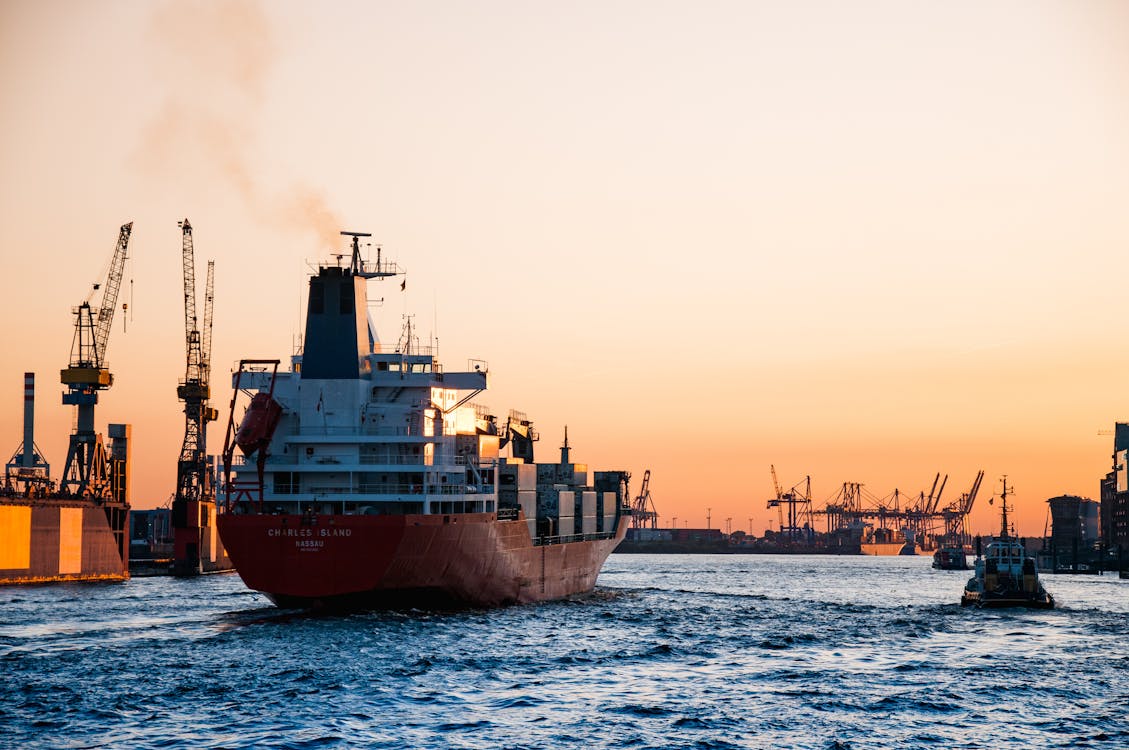Foreign Affairs Minister Vivian Balakrishnan highlighted Singapore's usage of artificial intelligence (AI) to predict eye diseases by analysing retinal images.
However, he gave a warning that it was "not enough to just get on the bandwagon and do it" when talking about the country's future progress on AI.
S'pore's 'learning by doing' approach to AI 'not enough'
According to the Ministry of Foreign Affairs, Vivian is attending the 78th United Nations General Assembly in New York from Sep. 17 to 23.
He was speaking on AI at the sideline of the UNGA on Sep. 18.
He also gave a speech on sustainability at the Earthshot Prize Innovation Summit on Sep. 19.
During the event "AI for Accelerating Progress on the Sustainable Development Goals (SDGs): Addressing Society’s Greatest Challenges", Vivian shared about how AI can be beneficial in important areas such as health, climate, and food security.
'Learning by doing' AI to remain relevant: Vivian
Although Singapore is a small place, it is using AI to remain relevant, said Vivian, by jumping onto the AI bandwagon and adopting a "learning by doing" approach.
For example, Singapore has been using AI in predicting eye diseases, fish farming, and forecasting floods and extreme weather that can potentially devastate Singapore because it's low and close to the sea.
In fact, nearly two-thirds of the island state is less than 15m above sea level.
However, Vivian said that AI will soon go beyond being used in large language models and creating things.
He expressed optimism that AI would quickly evolve from generative AI into transactional AI, which will no longer be a "pie in the sky".
Doing AI not enough, need to ensure safety, privacy, and public trust in AI
In addition, Vivian said it is necessary to ensure that people use AI safely, privately and trustingly.
He added that Singapore has its very own global AI governance testing framework, AI Verify.
Since June 2023, Singapore has been working with global big tech companies, such as Huawei, Microsoft, and Google, under the AI Verify Foundation.
Going beyond trusting AI, Vivian said there was also a need to have rules and discussions among the public and private sectors about how to develop a strong and effective AI governance framework.
For example, Singapore is collaborating with its fellow Asean members to develop an Asean Guide on AI Governance and Ethics to set down common rules for good AI usage and suggest best AI practices.
Earthshot Prize Innovation Summit
Addressing the Earthshot Prize Innovation Summit, Vivian emphasised the critical importance of the ocean for small island states like Singapore.
He cited three maritime risks that Singapore faces:
- Adverse weather phenomena
- Being sea-locked in maritime trade conflicts
- Increasing sea acidification
To reduce these risks, Vivian highlighted the following solutions:
Decarbonising and digitalising maritime sector 'a great opportunity': Vivian
Shipping releases "1 billion tonnes of carbon dioxide" into the air every year.
However, Vivian expressed hope of "much potential of abatement" if countries can work together in a global concerted effort to decarbonise and digitalise maritime sectors.
It would be "a great opportunity", he said, to set up green and digital shipping corridors that are also economically viable.
For example, Vivian cited Singapore's green and digital shipping corridor as an example that supports the transition to low- and zero-emission fuels by ships which call at the island state, and the Port of Los Angeles and the Port of Long Beach at the San Pedro Bay ports complex.
[caption id="" align="alignnone" width="1024"]
[/caption]
S'pore an early signatory to global treaty on sustainable usage of marine resources
Developing and enforcing international law is, as Vivian said, also important to conserve the oceans and use them sustainably.
Singapore, he said, has recently achieved a new treaty called "Biodiversity Beyond Natural Jurisdiction" (BBNJ) under the United Nations Convention on the Law of the Sea (UNCLOS).
The agreement makes rules about how countries can sustainably use the resources in the oceans outside of any one country's control.
The little red dot is one of the early signatories to the agreement, together with support from the European Union, Group of 77 (G77), and China.
[caption id="" align="aligncenter" width="1129"] Image of shipping in the oceans via Pexels.[/caption]
Image of shipping in the oceans via Pexels.[/caption]
'Seek safety in numbers & raft our futures together': Vivian
Vivian also talked about how Singapore is helping to protect the oceans and create green shipping corridors.
Despite being a small country, Vivian expressed his wish for fellow Small Island Developing States (SIDS) to "seek safety in numbers and raft our futures together".
Singapore is also a "proud member" of SIDS.
He concluded by urging other countries to be committed to building a sustainable future together, and invited attendees to the upcoming Earthshot Prize Awards in November 2023.
You can view the award finalists here:
Top image from Ministry of Foreign Affairs, Singapore.